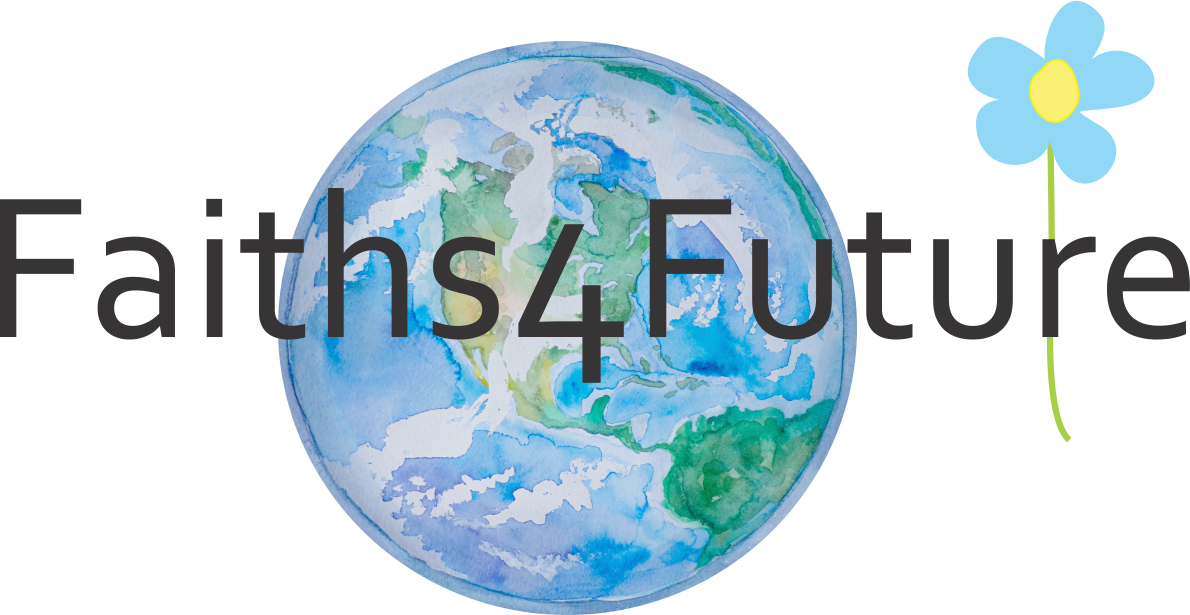Banned Books, Faith, and Climate Justice
Rev. Tura Foster Gillespie returns to the Climate Cafe Multifaith to join the conversation on the recent efforts to ban books from schools and libraries. Religious educators know the importance of choosing a curriculum that offers truth and testimony. Like public schools, faith communities also navigate parents, and values conflicts, when selecting books for study. And educators know that books like Maus can make a huge difference not just in understanding history, but also cultural and religious literacy. Register.
Book selection is important, but book banning takes that to a next level. Where is the ‘line’? And who gets to decide. Is it harmful to a child in the global north, whose family burns fossil fuels for transportation, heat and cooking, to hear the stories of children in the global south whose families are losing their homes due to climate impacts? Encountering experiences different than our own through books and testimony is an essential part of building understanding and relationship between people. Banning books may risk silencing important testimony and cultural experiences that enable us to build a more just society.
As people of faith we recognize that to address the climate crisis, we are going to have to make a lot of changes. We are counting on people around the world coming together to share their lived experiences, build relationships, and share the best information possible, to help bring those changes about. How will we find our way through the challenges of the climate crisis if we can’t (or won’t) hear each other?
Join us Rev. Foster Gillespie and the Climate Cafe Multifaith March 1, 11:00am Pacific Time / 2:00pm Eastern Time. Register.
Rev. Tura Foster Gillespie is the founder of Teaching Cultural Compassion which works to help kids and their adults find books with positive representation of underrepresented demographics. As a Deacon in the United Methodist Church, her ministry focuses on teaching groups of parents and other adults at libraries, churches, and service clubs how to ensure they are instilling children with a sense of their own innate dignity and the innate dignity of people who don't look like they do.
Tura has been featured in Kiwanis International Magazine for her teachings on compassion and has presented before the Parliament of the World's Religions on her ministry. She has a love of nature and has written youth group curriculum on creation care for the General Board of Church and Society for the UMC. Tura is passionate about intersectionality and how multiple social justice issues can affect the same group of people and sees the desecration of creation and marginalization of people as hand in hand. She hopes she can inspire children to love themselves, others, and nature through her work.
Book photo by Kimberly Farmer.


